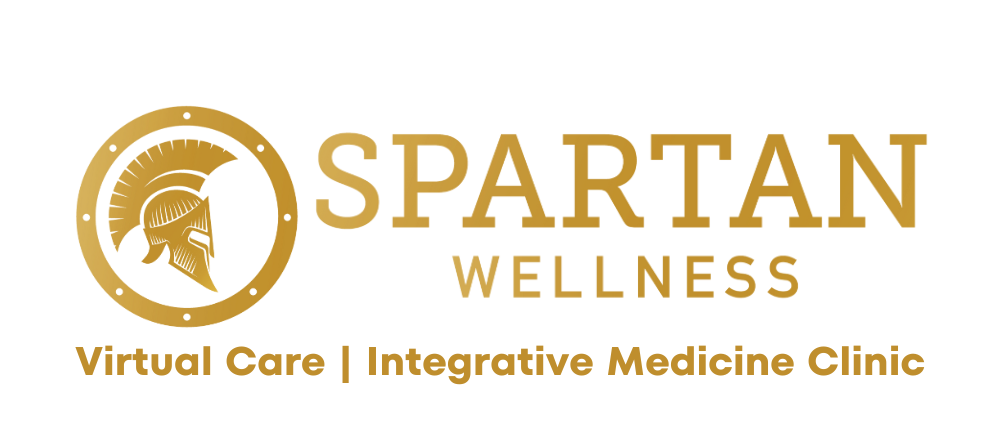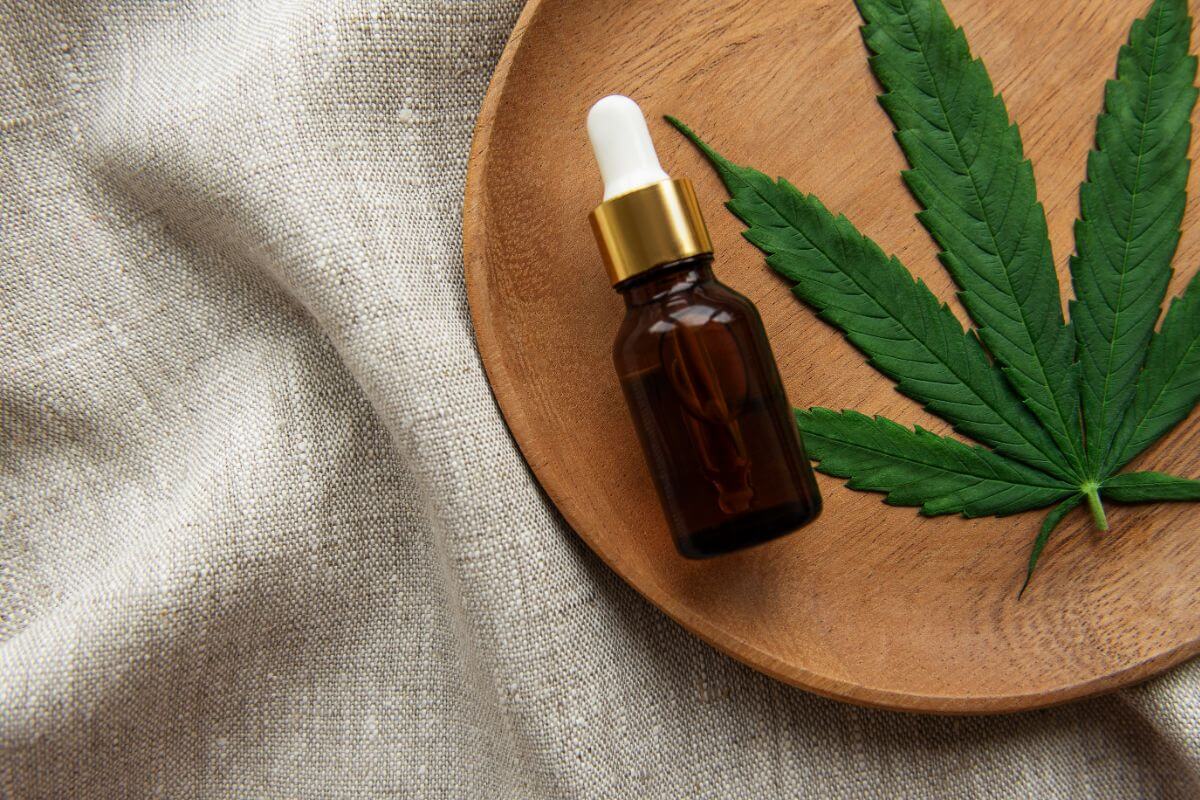Research
The Pediatric Nausea Assessment Tool
Erin O’Shaughnessy, works as part of our prescribing staff where she helped write for this wonderful Canadian Oncology Nursing Journal article. With this article it shows she is a highly respected and knowledgeable NP in her field and medical cannabis. It is by this association that Spartan Wellness continues to be the best place to…
Read More
